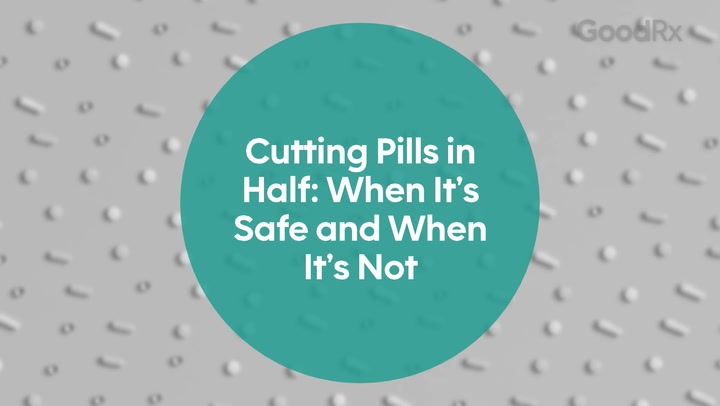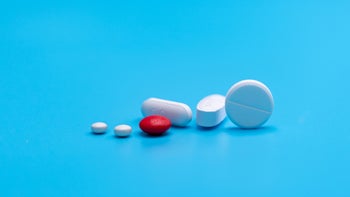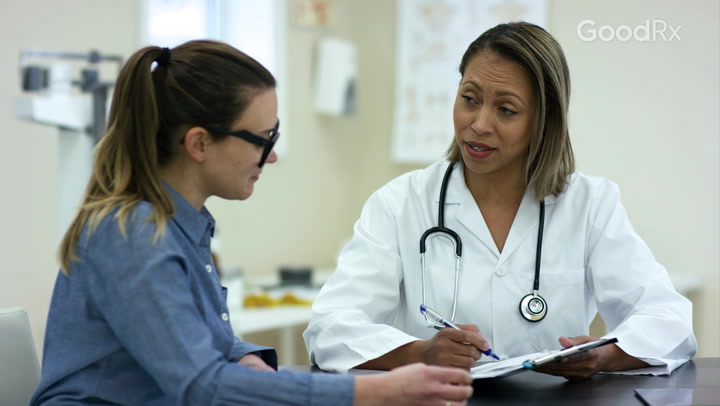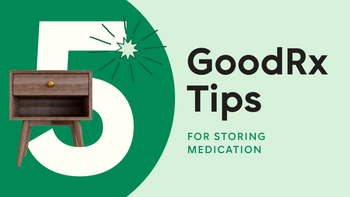
Capsule or Tablet? Pros, Cons, and Prices Explained
Key takeaways:
Capsules and tablets are both pills you take orally, but they have some differences.
Due to these differences, some consumers may prefer one option over the other.
Tablets and capsules can differ in price. Always check with your provider and pharmacy to ensure you’re receiving the most cost-effective option.

One of the most glaring examples of random pricing of medications is the differing cost of capsules vs. tablets. Most providers and pharmacists know that a medication will work just as well in either capsule or tablet form, but many don’t know there is such a huge price difference.
In this article, we’ll discuss the pros and cons of capsules and tablets, as well as some examples of how prices between the two differ.
Capsule vs. tablet: What is the difference?
Tablets and capsules are similar but have some key differences, including price. Both are pills that you take by mouth. And, since they both pass through your digestive tract, they generally enter your system the same way.
Search and compare options
So, what are the differences? For one, tablets are entirely composed of medication, while capsules only contain medication inside the shell. And there’s the fact that capsules can’t be crushed or split, while tablets often can.
But there are some more surprising things, like the price difference of a capsule vs. tablet. Be sure to ask about the price of your medication to see if the cost varies based on what form it comes in: capsule or tablet.
Tablet medicine
A tablet is a pill that is entirely composed of medication. It’s made by compressing powdered medicine into a solid, smooth pill. Tablet medicines can be a variety of shapes, including round oblong (caplets), and colors. Some tablets have lines on them to make splitting easier.
The pros of tablets
Long shelf life: Tablets tend to be more stable and last longer than capsules.
Chewable: Some tablets are designed to be chewed, making ingestion easier.
Higher doses: A manufacturer can pack more medication into a tablet.
Easy to split: You can cut a tablet in halves or thirds to optimize your dose.
Different deliveries: Tablet medicines are available in delayed release (DR), extended release (ER), and immediate release (IR) formulas.
The cons of tablets
Slower absorption: Timing can vary, but, on average, your body absorbs tablets slower than capsules.
Unpleasant taste: While they’re sometimes flavored, tablets can leave an unpleasant medicinal taste in your mouth and throat after swallowing.
Unpredictable breakdown: Some tablets don’t dissolve evenly once they’re in your digestive tract, which can sometimes make the medication less effective.
Capsule medicine
A capsule is another type of pill, which contains medication inside an outer shell. Capsules contain either powdered or liquid medication, though both versions work the same way. The capsule breaks open when it enters your digestive tract, then your liver processes the active ingredients and passes them to your bloodstream.
Capsule medicines can be hard-shelled or soft-shelled. Generally, hard-shelled capsules contain powdered medication, but sometimes they contain liquid. Soft-shelled capsules are often made of gelatin and contain liquid medication, like in the case of “liquigels.”
The pros of capsules
Fast: Capsules tend to act faster than tablets.
No taste: Capsule shells don’t usually have the same medicinal taste as tablets.
Better absorption: Capsules can have a higher bioavailability, meaning more of the medication enters your bloodstream, which makes them slightly more effective than tablets on average.
The cons of capsules
Durability: Capsule medicines can react to sunlight and humidity, affecting their potency.
Shorter shelf life: Capsules often expire in a shorter time period than tablets.
Lower dose: Manufacturers cannot fit as much medication in a capsule as in a tablet, meaning capsules may need to be larger in size to fit the same dose.
Animal products: Gelatin is often present in soft-shelled capsules.
Capsule vs. tablet prices
Tablet and capsule medicines often differ in price. Price differences between $10 to $100 a month are common, even if the versions work similarly. Here are some common examples.
Doxycycline capsule vs. tablet
Doxycycline is commonly used to treat acne, rosacea and infections. Both doxycycline monohydrate and doxycycline hyclate come in capsule and tablet form. It doesn’t matter which one you take, so pick the cheaper one. In some doses, the tablet is cheaper, while in others the capsule is cheaper. The way the medication works and its absorption are exactly the same, so use GoodRx to see if you can save some money.
As an aside: Minocycline is also used to treat acne. The 50 mg and 100 mg tablets are typically more expensive than the capsules.
Venlafaxine capsule vs. tablet
Concerning antidepressants, venlafaxine ER (the generic Effexor XR) is more expensive in tablet form than in capsule form at all doses. There is no reason to take the tablet over the capsule, other than that you can split the tablet if you’re not taking the ER version.
Tizanidine capsule vs. tablet
Tizanidine (generic Zanaflex) is a muscle relaxant, and the tablet form is less expensive than the capsule. The two forms are absorbed similarly under fasting conditions (when taken on an empty stomach) but not under non-fasting conditions (when taken with food). If you regularly take tizanidine with food, stick to your regular dose. Otherwise, switching may save you some money.
The bottom line
There are advantages to both capsules and tablets. When deciding whether to take capsules or tablets, you can factor in how the pill interacts with your body and even personal preferences like taste.
If you are taking a medication that has a cheaper option, as a tablet or capsule, ask your provider about switching. It’s likely that your provider won’t care which form of the medication you take and would like you to save some money. Lesson learned.
Why trust our experts?


Was this page helpful?
Related Articles
Browse medications
View AllResearch prescriptions and over-the-counter medications from A to Z, compare drug prices, and start saving.

























